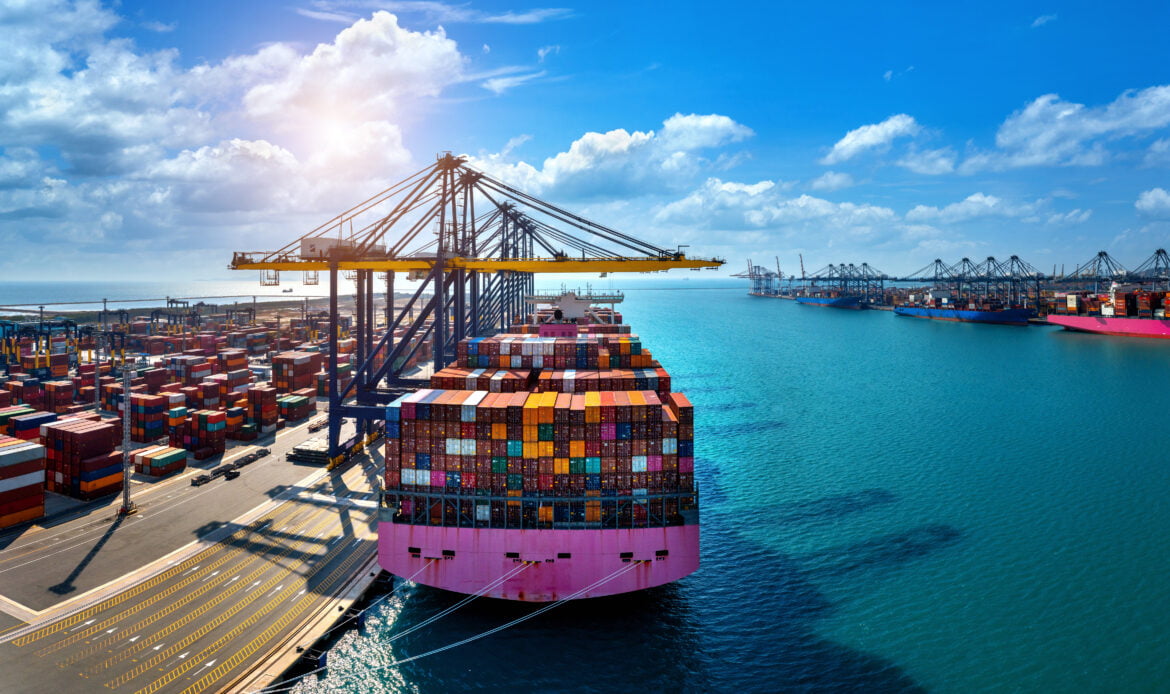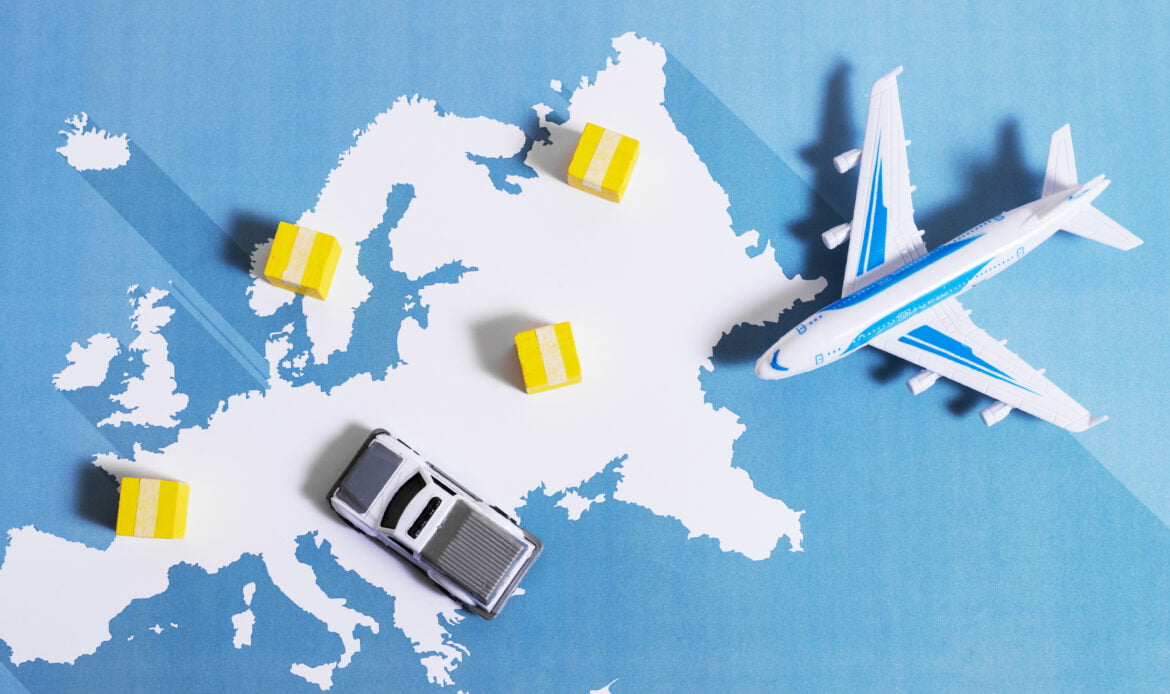How to Export to dubai from india
Dubai continues to serve as a crucial market and entry point for a diverse range of Indian companies, even though it has a fancy lifestyle. The Dubai export market has grown fiercely competitive across various industries because of its free trade policies. To succeed in a highly competitive market, companies need to work hard and come up with creative marketing strategies to introduce their product.
Additionally, the United Arab Emirates (UAE) is a member of the World Trade Organization and holds significant trade partnerships with around 32 countries worldwide. The main exports from the Emirates consist of natural gas, crude oil, food, and re-exported products. Dubai, in particular, plays a major role in exporting metals like aluminium and copper. Its primary export partners for these metals include Japan, South Korea, Thailand, India, and Iran.
Dubai’s significant involvement in the re-export industry indicates that its imports are closely aligned with its exports. This presents a promising opportunity for India to enhance its export business to the UAE and establish itself as a robust and competitive player in the global import-export market. There are numerous commodities that India can import or export to Dubai, offering a remarkable chance to expand its import-export endeavours.
Dubai considers India as one of its largest and highly influential trading partners. It’s important to note that each country, including the United Arab Emirates, has its own distinct set of rules and regulations governing trade. Understanding and complying with the specific regulations in both India and the UAE is essential for establishing successful and smooth trade relations between the two nations.

PROCEDURE TO EXPORT TO DUBAI FROM INDIA
To export to dubai from india, one needs to follow the below mentioned procedure and act in accordance with the customs regulations of India and Dubai.
- To engage in exporting activities in India, individuals or businesses must obtain an Importer-Exporter Code (IEC). The IEC is a special identification number that is mandatory. You can acquire the IEC by applying to the Directorate General of Foreign Trade (DGFT) or by using the online portal.
- Identify the suitable Harmonized System (HS) code for your products. This code will help determine the specific category and duty rates that apply to your goods.
- Gather all the essential documents for exporting, such as the commercial invoice, packing list, shipping bill, and any specific documents needed for your product type or as requested by the buyer. Depending on the nature of your goods, you might also need to acquire additional certificates like a Certificate of Origin or a Phytosanitary Certificate.
- Reach out to a shipping agent or freight forwarder who can handle the transportation of your goods. They will guide you in choosing the best mode of transportation (by sea, air, or land) and provide support with the required paperwork, such as the bill of lading or airway bill.
5 Complete the process of customs clearance by submitting the shipping bill or bill of export to the Indian customs authorities. This involves providing the necessary documents, including the commercial invoice, packing list, and shipping bill, along with any relevant certificates or permits. If necessary, fulfil the payment of export duties.
- After finalizing the customs procedures, arrange for the transportation of your goods to the designated port or airport for shipment to Dubai. Make certain that your products are appropriately packaged and labelled according to international shipping norms to ensure their safety during transit.
- Seek the services of a customs clearing agent in Dubai to facilitate the customs clearance process once your goods arrive. Furnish them with the essential paperwork, including the commercial invoice, packing list, bill of lading or airway bill, and any additional certificates or permits as mandated. The customs clearing agent will guide you through the necessary procedures for smooth clearance of your goods.
- Evaluate customs duties and fees: Determine the relevant customs duties, taxes, and additional charges and make the necessary payment to the Dubai Customs authorities. Seek assistance from your customs agent to navigate through this procedure and ensure compliance with the payment requirements.
- After successfully completing customs clearance, make arrangements for the delivery of your goods to the desired location within Dubai. Ensure smooth logistics and transportation to ensure your products reach the intended destination efficiently.
It’s important to note that this is a general overview, and the specific requirements and procedures may vary depending on the nature of your goods and any bilateral trade agreements in place to export to dubai from india.

LIST OF GOOD TO EXPORT TO DUBAI FROM INDIA
There is significant curiosity among people regarding the products imported by Dubai from India, leading to searches for a comprehensive list of import items. In response to this, we aim to provide the most accurate information available. Many individuals also search for the best export business opportunities from India to Dubai, as well as inquiries about exporting garments, associated charges, costs, and procedures. This indicates the considerable potential for profitable garment exports from India to Dubai, as clothing remains a highly sought-after item in this trade relationship.
This section presents a comprehensive list of products exported from India to Dubai. If you are thinking that what you can export from India to Dubai, this list provides valuable insights. These export items have proven to be highly profitable when exported from India to the UAE.
These are the products mostly export to Dubai from India :
- Pieces of iron or steel
- Telephone sets
- Petroleum products
- Nuts and edible products
- Cereals
- Nuclear reactors
- Organic chemicals
- Diamonds and precious metals
- Electrical machinery and equipment
- Machinery and mechanical appliances
- Articles of apparel and clothing
- Natural or cultured pearls
- Ships, boats, and floating structures
- Food products such as rice and seafood export to Dubai from India
- Mineral fuels, mineral oils, and products for their distillation







4 replies on “HOW TO EXPORT TO DUBAI FROM INDIA”
[…] this way you can register a trademark in USA Also Check : How to Export to Dubai from India Post navigation ← Previous PostNext Post […]
[…] under different act. These are the rules and regulations in Import Export Business. Also Check : How to Export to Dubai From India Post navigation ← Previous PostNext Post […]
Wow, incredible blog structure! How long have you ever
been running a blog for? you make blogging glance easy. The entire look of your
site is great, let alone the content material!
You can see similar here sklep internetowy
Wow, superb weblog format! How lengthy have you been blogging for?
you make running a blog glance easy. The total look of your website is fantastic, as smartly as
the content! You can see similar here najlepszy sklep